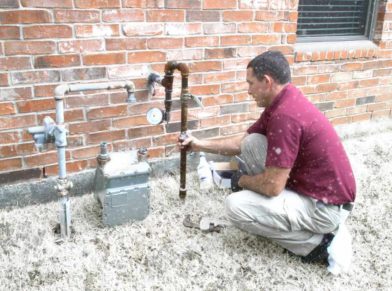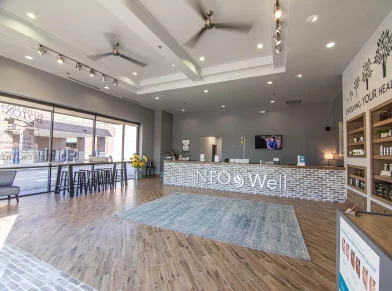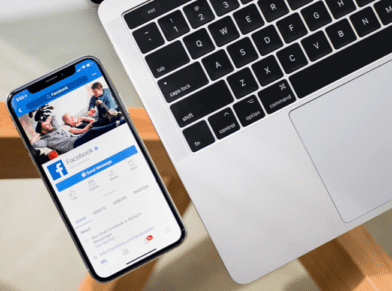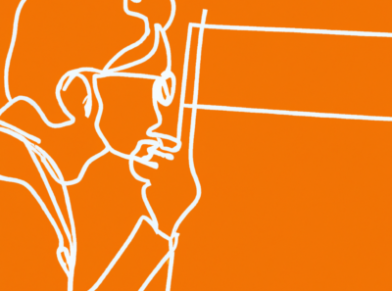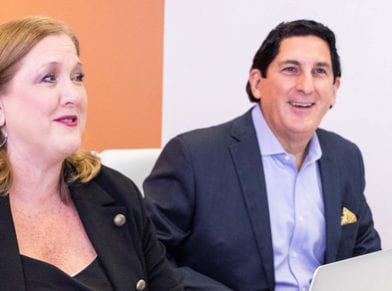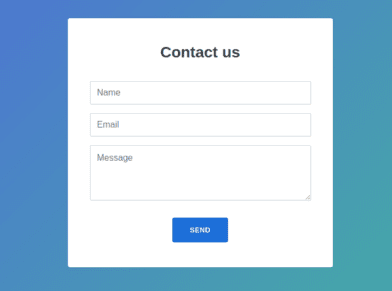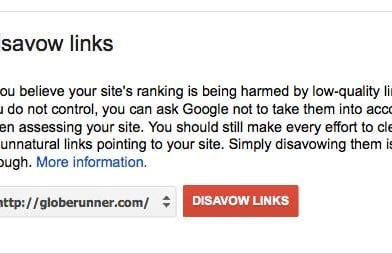GOOGLE FLAGS HELP A REPORTER OUT, PRESS RELEASE LINKS AS BAD LINKS

As you probably know by now, Google has been on the prowl lately, flagging and penalizing links from directories, paid and sponsored links, links in guest blog posts, and, now you can add Help a Reporter Out links to this list that you should be cautious about.
In the response to a recent Google Reconsideration Request (I’m in the process of cleaning up a client’s links and getting rid of their Google manual penalty), Google gave three example links that “violate their guidelines”. Their response was something like this:
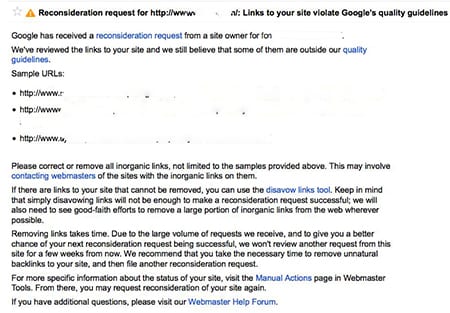
Now, I realize that this particular website does have inorganic links pointing to the website. And I’ve been working hard to clean up the organic links pointing to the website, mainly done by a previous SEO working on this particular website. However, the links that Google points out as examples in their response to our reconsideration request are like this:
– two links from Help A Reporter Out.
– one link from a media outlet who picked up a press release we distributed via a newswire.
The first two links provided as “inorganic” links by Google are, in fact, where the owner of this particular business was quoted in an article. In BOTH cases of the first two URLs, we had used the Help A Report Out service to respond to a request for a quote from a business (which was in a particular industry). As far as we knew, the reporter or journalist was writing an article and needed a legitimate quote from a business owner. Not only was the business owner quoted properly, we’ve seen traffic from these articles to the website. And, oh yeah, for those who care, the “anchor text” of the links are “branded” (i.e., the anchor text is the company’s name) and NOT a keyword-rich anchor text links.
The second link that Google flagged as being inorganic was, in fact, where a site picked up a press release that was put out on a popular press release distribution service. The news that was being reported in the press release was that this particular business was an official Toys for Tots drop-off location. Even the Toys for Tots website lists this business as an official drop-off location.
So, at this point, it is my impression that Google now doesn’t like links obtained from using Help A Reporter Out, and they don’t like links that are from websites who pick up stories from popular press release distribution services. Why?
Well, a Google manual review from a reconsideration request flagged those links as being inorganic links. In other words, the website is still manually penalized because of links obtained from Help a Reporter Out and a popular press release distribution service. If Google isn’t targeting Help A Reporter Out specifically, then perhaps HARO needs to do some more “policing” of the reporters who are using their services, as the last thing we need is for things like this to happen. There’s not much we can do about popular press release distribution services, though, as the popular press release distribution services really can’t do much about low quality websites picking up your press release. They are, though, being a lot “pickier” when it comes to the press releases that you submit to them, as they really do, in fact, need to be news.
Bill Hartzer is Globe Runner’s Senior SEO Strategist. Connect with him on Google+ or on Twitter as Bhartzer.
UPDATE: I want to clarify a few things that have come up regarding this. First off, I can tell you that in the case of the HARO articles, these were from legitimate HARO requests. In fact, we responded to requests for quotes from HARO. Just like we have done in the past with great success. The sites where the articles appear seem to be legitimate news sites or media sites. However, upon further investigation, it appears that the sites in particular where our links appear are “doing fishy or spammy things” in regards to inter-linking and duplicating of the content/articles. So, I believe that our client is “caught up” in this, and being innocently penalized because we innocently responded to a HARO request for a quote.
In no way are we, nor our client, involved in the “fishy or spammy” things that these websites/media outlets are doing. So, I still am recommending that you be very cautious in what you respond to when HARO is involved.
Update 2 I’ve updated the title of this post so that it is clear that Google has only flagged links that were a result of responses to HARO requests as being inorganic, unnatural links. I do not want anyone to get the impression that Google is targeting HARO in any way other than flagging inorganic links.




